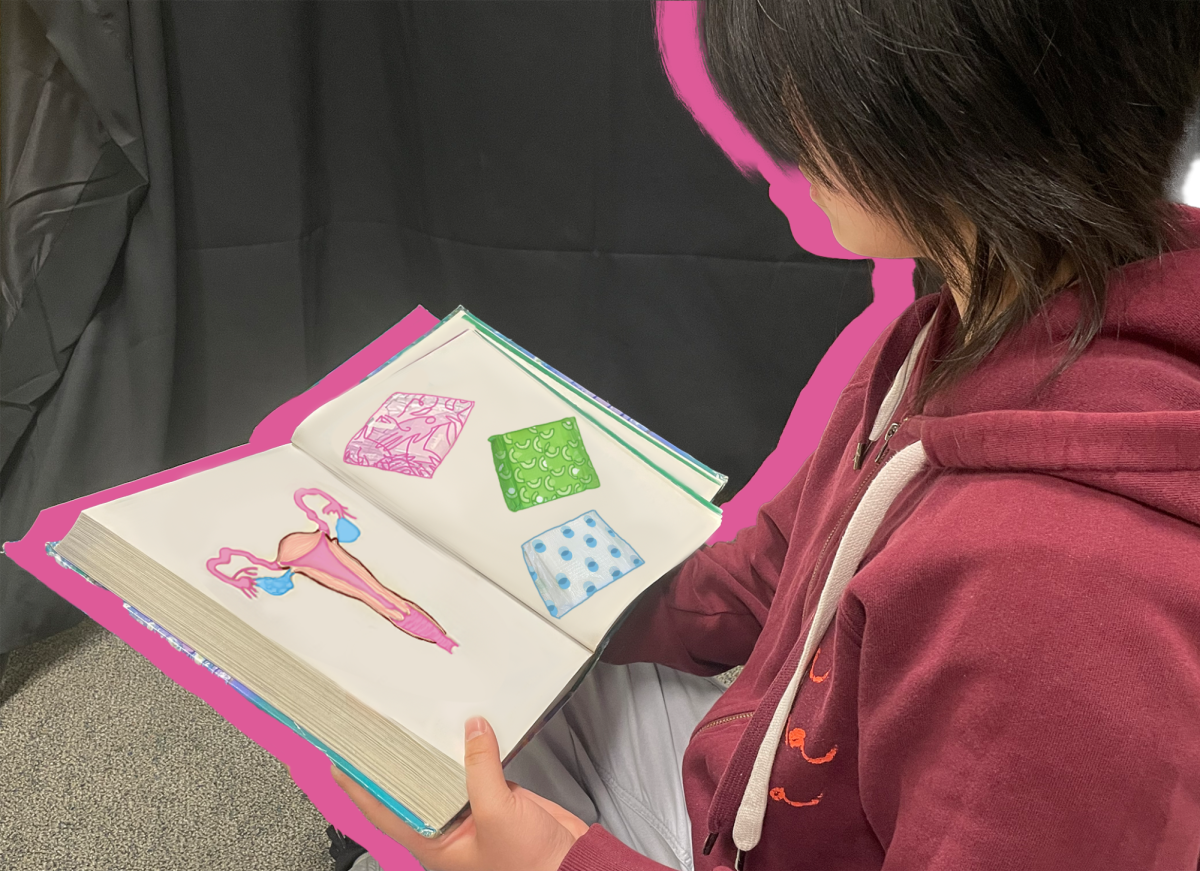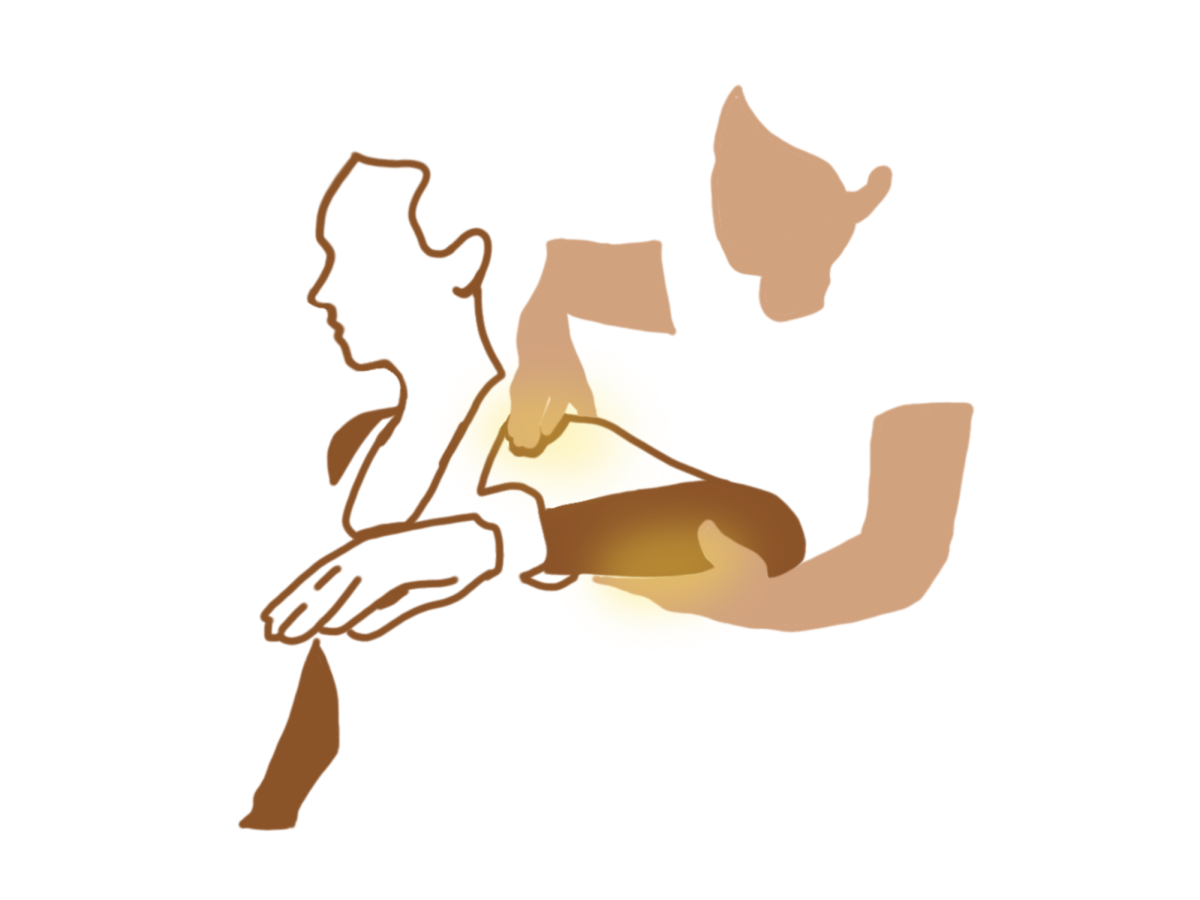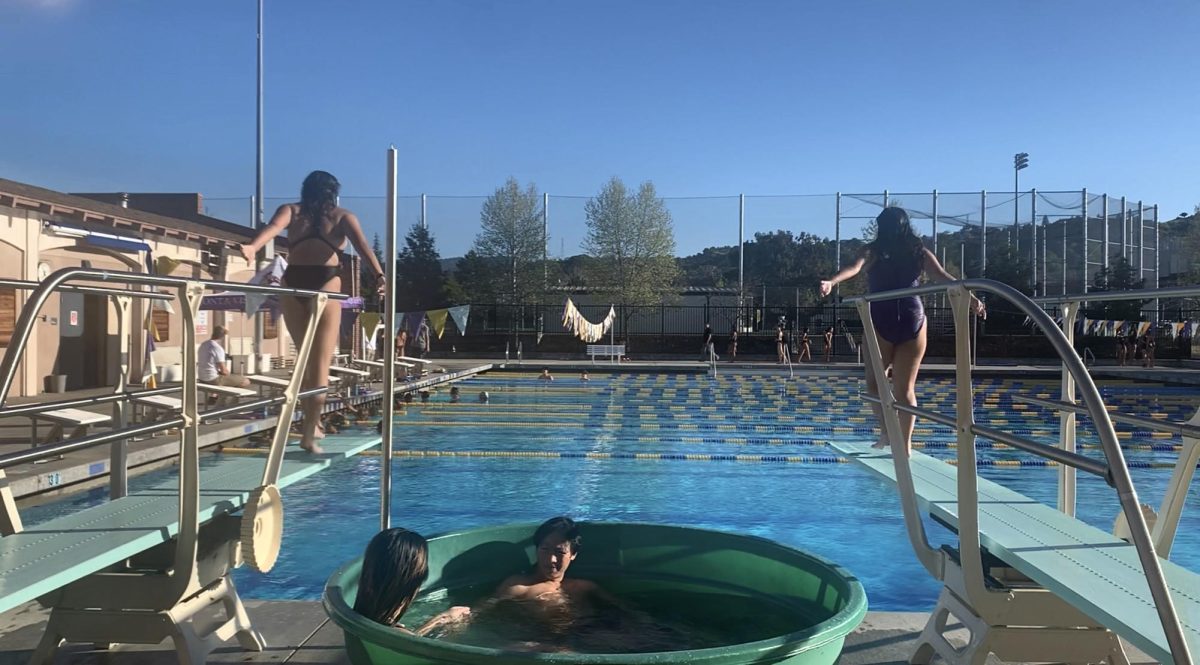Flick through the photos on a friend’s smartphone, and you might see a few selfies before he or she yanks it away with a shout and a shove. By the time you recover from the concussion, it’ll become apparent that some people aren’t too proud of their photography habits.
The term “selfie” was first popularized by MySpace users in the early 2000s, but self-portrait photographs have been common since the release of Kodak’s portable camera a hundred years earlier. According to an article by Pamela Rutledge, Ph.D, the Director of the Media Psychology Research Center, the impulse to document one’s appearance is hardly a trait unique to our technology-laden generation, but normal human behavior.
And while pictures aren’t just for celebrating one’s appearance, it doesn’t hurt to look good in them. Taking your own pictures makes it easy to look the way you want, since selfies are a form of self-expression under one’s own terms: how to angle the camera, what to wear, how to smile. Photos can be cropped, put through colorful filters and edited. Unflattering ones are just deleted, never to see daylight or be spoken about again.
It might be self-indulgent to beautify oneself this way, but it’s self-expression nonetheless. However serious or silly, a good selfie is immediate gratification and complete control over how one is portrayed — a comfort that other photographers can’t offer.
A study done by Dr. David J. Houghton at the University of Birmingham found that sharing photos of oneself on social networking sites raises self-esteem, but sharing selfies in excess can be construed as vain and narcissistic by one’s peers. Many of these pictures are posted to Facebook or Instagram, accompanied with self-deprecating captions like “I’m so ugly!” or “Sorry for my face,” only to prompt others to insist on the opposite.
Seeking validation is a normal, healthy habit, but not when it is taken so far as to put oneself down just to hear people say otherwise. Selfies ought to commemorate and celebrate one’s appearance, not perpetuate a culture of narcissism. What could be a celebration of one’s appearance becomes a way to fish for compliments. What should be empowering and satisfying becomes insincere and selfish.
The selfie’s transformation from helpful to destructive is only magnified by backlash: shame a person for being self-absorbed in their pictures and they become less likely to take them. Always feeling ashamed of and avoiding selfies could mean having no “good”, flattering pictures to look back on, and a future of only school portraits or embarrassing candids is a bleak one. Selfies shouldn’t be abused, and neither should the people who take them.
A selfie can capture a special occasion or a time one felt attractive and confident. A cute outfit, smile or fun day out with friends can be saved with the press of a button.
Even the smallest moments can be casually captured in a controlled, flattering way, so why choose to regret staying behind the camera in the future when it’s become so easy to get in front of it?
Selfies ought to serve as visual reminders of happy times, and if that means pursed ‘duck-lips’ or numerous filters, so be it. Selfie on, and don’t discourage other people from doing the same.



















